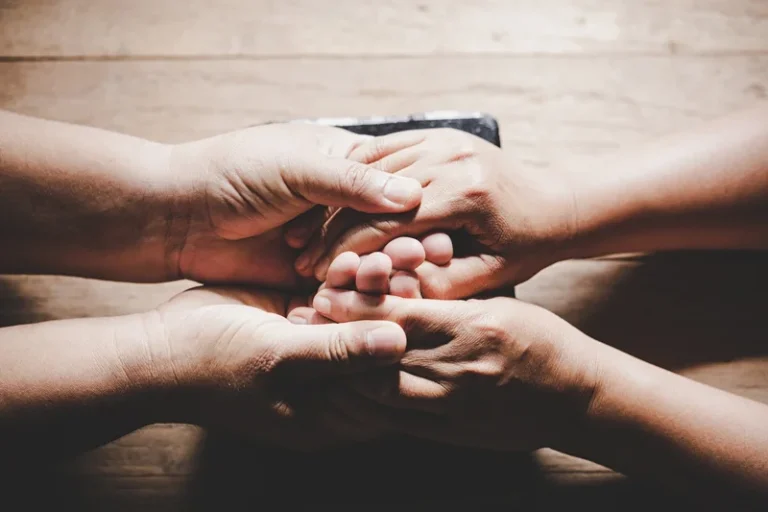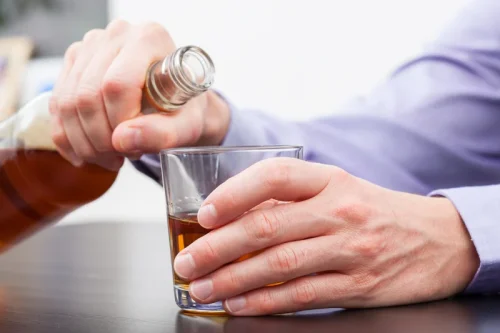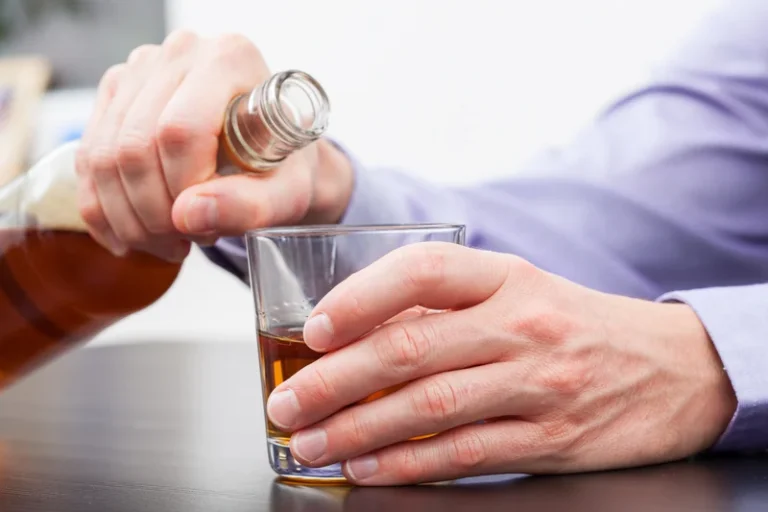
Making indirect amends means acknowledging your faults and resolving to live well in the future. The steps in recovery with Alcoholics Anonymous (AA) are 8 and 9. They include making a list of persons harmed and making direct amends where possible to those people.
- Membership is open to anyone who wants to do something about their drinking problem.
- The theme of making amends is forgiveness, and although it is one of the steps people may not like, it comes at this point in the AA journey for a reason.
- People in recovery often struggle with steps 8 and 9 because substance use disorder often comes with destructive behaviors and actions.
- Coming into the 9th step, there should be a comprehensive list of all persons we hurt in any way, and we should be willing to resolve any issues that have been noted in that list.
- This is a good start to your journey, but AA Step 9 isn’t completely dependent on you.
Programs

Even if you know nothing about substance abuse or the pursuit of sobriety, you’re very likely aware of AA and its prolific dozen rules. This means that you are willing to accept any consequences of your actions, no matter how severe they may be. You also need to be ready to make amends and change your behavior in the future. You still need to seek addiction treatment, work the program, and commit to sober living. It’s hard work, but it’s the sort of hard work that leads to growth.

Navigating the Process of Making Amends in Recovery
After becoming entirely ready to let go of our defects of character in Step 6, this step calls us to take direct action by asking God to remove the patterns that no longer serve us. It’s a moment of surrender where we trust that real change happens not by self-will but through spiritual growth. It asks us living amends to get honest with ourselves about the grip addiction has on our lives. Admitting powerlessness is not about weakness—it’s about recognizing the truth so we can finally stop fighting and start healing.
Claim Your Recovery
It is not a substitute for clinical treatment or individualized therapeutic services. When making 12-Step amends, we must do our best to set aside any exceptions from the other person. Remember, we are present to clean “our side of the street” or address our wrongs and roles to the best of our ability. The other person has every right to feel the way they do about a previous what is Oxford House conflict.
Leave out the “but” and listen
Your efforts to make amends may not always go as well as you hope. Try not to respond with anger or defensiveness if others aren’t responsive to your efforts. They have been hurt by your actions, and they may not be willing to forgive and forget. They may have been hurt in ways that you were not able to identify when preparing to make amends.

- To help you understand what most people mean when they say living amends, we’ve put together a few examples.
- This step calls us to let go of our old way of thinking and embrace the possibility of freedom from addiction.
Some recovering alcoholics would recommend making living amends as an alternative. Making amends offers profound and far-reaching benefits, along with the aa promises so often discussed. Successful amends can lead to mutual healing for both the one in recovery and those we have harmed.

Step 9 AA
Throughout this page, you’ll find helpful resources and additional content designed to deepen your understanding of the Twelve Steps and support your personal recovery. Explore the tools shared here to take meaningful steps toward lasting sobriety and spiritual awakening. When you start to embody the guiding principles of Alcoholics Anonymous (AA), you’ll embark on a journey to convince the people you’ve hurt that you’re changing for the better. Step 9 of AA allows you to open the door for honest discussions about how you might have caused harm and what you can do to rectify it. In doing so, you’ll build a strong foundation for developing positive relationships with people in your life. For many people in recovery, AA is more than just a support group, it becomes a steady source of strength and guidance.
Leave a Reply